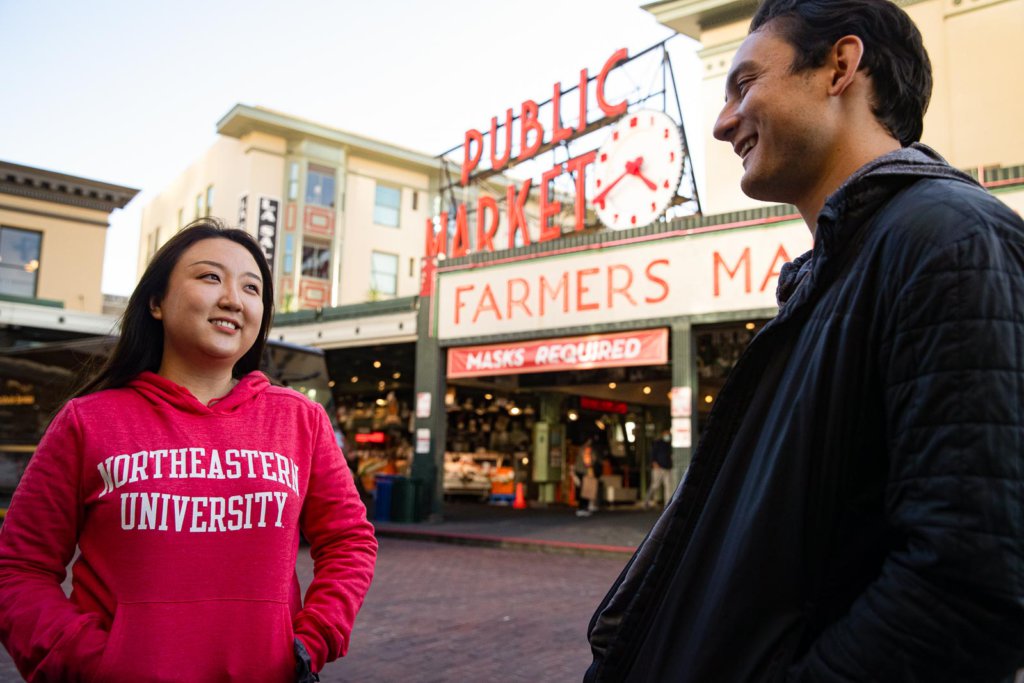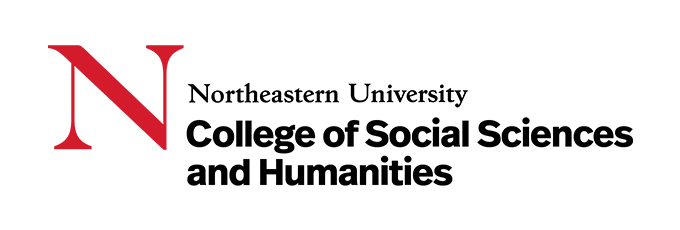Economists save the world by understanding it on levels other vital professionals cannot. Hence, they are crucial parts of various organizations and industries for their ability to determine why people make decisions. Their insights are then delivered to decision-makers looking to better craft their policies and marketing toward these behaviors. Simply put, they create efficiency with every study they conduct.
Today, new waves of COVID-19 — and future diseases like it — are causing persistent labor market challenges and lingering supply-chain pressures. According to the United Nations World Economic Situation and Prospects (WESP) 2022, after expanding by 5.5% in 2021, the global output is projected to grow by only 4.0% in 2022 and 3.5% in 2023.
With all business owners hoping for a breakthrough, it’s little wonder why the employment of economists is projected to grow 13% from 2020 to 2030, faster than the average for all occupations. The Northeastern University College of Social Sciences and Humanities in Seattle provides an opportunity to produce even more. The top 50 university has just introduced a brand new Master of Science (MS) in Economics — and it’s dynamic. Here’s not one, but five reasons why:
It’s future-focused
The program’s focus on experiential learning in Seattle truly sets it apart. With a strong emphasis on economic theory, quantitative methods, and policy, the program integrates co-op and project-based learning — preparing students with leading faculty as well as partners in industry and government. Today’s professionals champion the importance of experience, preparing students to analyze economic and business issues. Furthermore, the program’s STEM designation means that students can further the professional experience in the United States for additional time.
“Tomorrow’s economists need to continue to learn and innovate quantitative methods to be able to select appropriate econometric and statistical techniques in the context of big data and generate reliable economic forecasts and establish robust causality with non-experimental data,” says professor and program director, Jun Ma.

CSSH students are working towards shaping solutions to the world’s most pressing problems. Source: Northeastern University
You can build your own program
Current student Junjie Mu from Chengdu, China, chose the MS in Economics for its Data Science concentration. His grandfather was an inventor and entrepreneur who influenced his decision to explore world economic issues. “He taught me that studying economics could help me see the world clearly,” Mu says.
The Optional Data Science Concentration — delivered in partnership with the Khoury College of Computer Sciences — was designed to help students gain a foundation in economics while honing their computational modeling and programming skills. “Of all the concentrations and specializations we offer, I would say this is the most optimal for providing hands-on experiences of programming to analyze economic and business data,” says Professor Ma.
The MS in Economics also offers tracks in policy, quantitative analysis, and academics. The Data Science concentration offers three tracks and several areas of specialization, in collaboration with other Northeastern colleges.
Expert educators
The College of Social Sciences and Humanities is home to countless world-class faculty members who are ever-willing to nurture a new generation of world-changing economists. For example, Professor Lisa Zhao has taught Mu applied econometrics with tools such as the R language for data analysis. Dr. Andrew Ewing has always been patient with his questions and generous with his time in his class on microeconomic theory. Simon Wang continuously shares industry insights in the classroom on data management and database design.
“I learned a lot from all these classes and get along very well with every professor,” shares Mu. “They are always happy to help me and solve any problem I have both academically and personally.”

Seattle is consistently ranked among the 10 best places to live in the US. Source: Photo by Adam Glanzman for Northeastern University
Become a household name whilst a student
Few universities can equip students with industry knowledge the way Northeastern University can. Students within the College of Social Sciences and Humanities have spent their co-ops at companies such as Amazon and Fidelity, studied abroad at the London School of Economics, and conducted research at the university’s Dukakis Center for Urban and Regional Policy.
Mu’s recent semester project was on economic recovery during the pandemic. “We obtained labor economic data for the entire US from 2019 to 2021 from a consulting firm in Seattle,” he explains. “We then added government data on the implementation of mask orders, city closures, and vaccination policies to see how these policies affected labor and economic data. It was interesting and definitely very rewarding.”
An opportunity-filled city
Mu looks forward to graduating and putting his newfound knowledge into practice as a professional. He chose Seattle for his studies because of its reputation as a liveable city — where he hopes to build a life. Chances are, he will, due to the opportunities that sprout every day for people with qualifications similar to the one he will soon earn. The city has established itself as a powerhouse among established tech hubs in search of cutting-edge tech talent.
“As everybody knows, Seattle is home to many world-renowned tech companies and great people,” Mu says. “This will give me plenty of options to find a job in the future.”
Furthermore, international students interested in the MS in Economics will be happy to know that its STEM designation qualifies them for the Optional Practical Training Extension, which translates to three years of work — which, like Mu, they will surely find thanks to knowledge and skills gained from their robust qualification.
“Students in this program are well equipped with crucial skills that will make them successful in any position that requires both analytical thinking and data science skills,” says Professor Ma. “These include, but are not limited to, analyst positions in the finance industry and data science positions in the tech industry.”
Follow the College of Social Sciences and Humanities on Facebook, Twitter and LinkedIn











